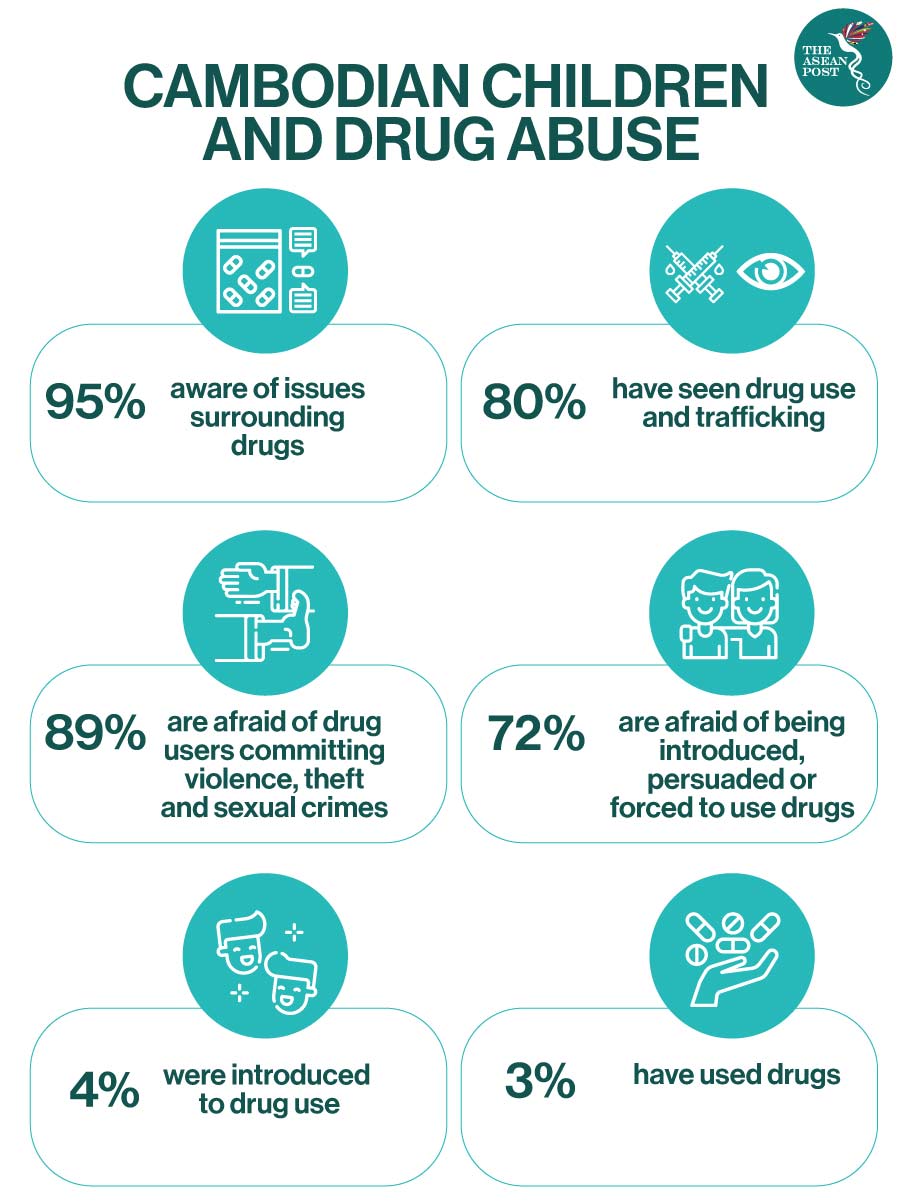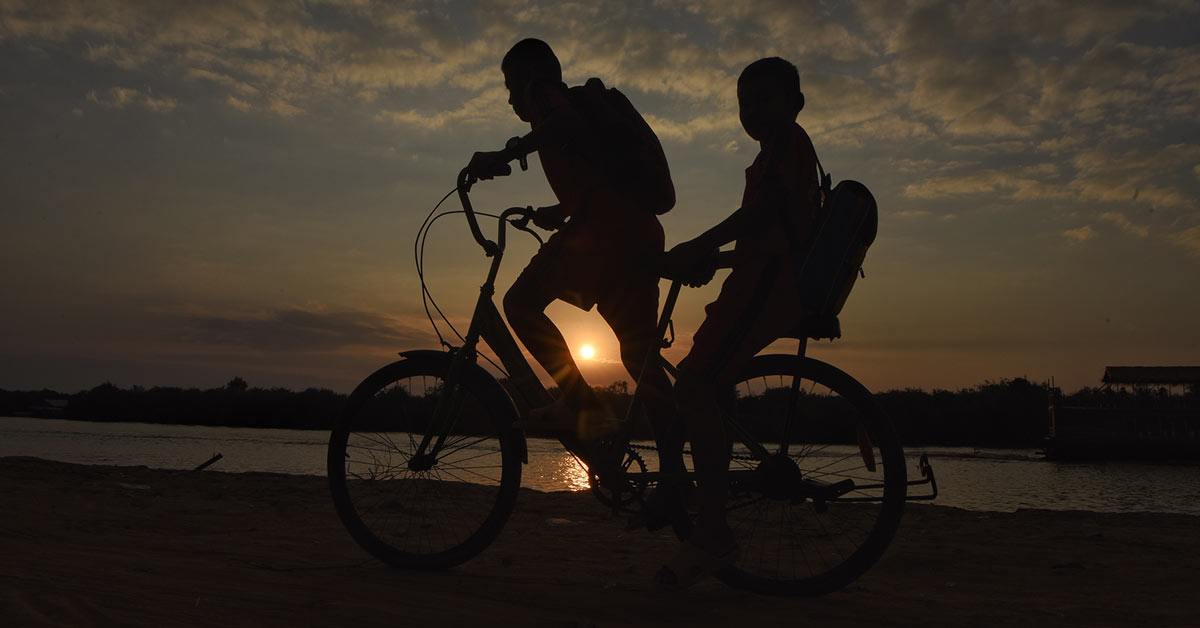Cambodia’s premier Hun Sen, launched his own anti-drugs campaign in 2017, inspired by the controversial war on drugs waged by Philippine President Rodrigo Duterte. According to the Cambodian government, the campaign aims to reduce drug use and the related harm it causes. The campaign also includes arresting people who use drugs as part of its strategy.
Using far less deadly tactics than in the Philippines, the crackdown was still rather aggressive in the kingdom. Back in March, Sar Kheng, Cambodia’s Interior Minister called for legal action against all “drug addicts and dealers in small-scale drug use and distribution cases.”
Nevertheless, the campaign has proven to be effective. In 2017, Cambodian police managed to make more than 17,700 drug-related arrests. This number was a whopping 80 percent increase compared to the previous year before Cambodia’s war on drugs.
However, a Cambodian youth group has revealed that the problem still persists after conducting a survey on children’s exposure to drugs in communities.
Volunteers from the group, Good Neighbours Cambodia (GNC) interviewed 283 children aged between 13 and 18 in Phnom Penh and the provinces of Banteay Meanchey, Battambang, Kratie and Mondulkiri just last year and revealed disheartening details.
The results of the survey found that 92 percent of respondents said they are aware of issues surrounding drugs, and 80 percent said they have seen drug use and trafficking in the communities they live in. The results also showed that 72 percent of the children surveyed said they are afraid of being introduced, persuaded or forced to use drugs by offenders.
“Drugs are a major obstacle to the development of communities, children and youths. Intervention from the government, police and teachers is most necessary,” Rin Norngkea, head of the volunteer youth group was quoted as saying.
Four percent of the children in the survey said they were introduced to drug use, while three percent said they have used drugs. However, there remains the possibility that some of the children were not willing to disclose whether or not they were introduced to, or have used drugs. This may especially be the case following Cambodia’s war on drugs.

Crackdown Spreads Fear
Despite positive results from Cambodia’s anti-drugs campaign, health organisations and community workers have raised some concerns. They claim that drug users have been forced into hiding due to the war on drugs and that it has become more difficult to offer them the treatment they require in order to get rid of their addiction.
Friends International, a non-governmental organisation (NGO) that helps street children and youths, was quoted in a 2018 report as saying that the crackdown had made it more difficult to reach drug users, adding that many had taken to hiding from the police by moving from place to place.
As a result, Friends International said it could only help about five percent of drug users twice a week in 2017, down from 40 percent in 2016.
"This means they lack drug health education and have less access to clean needles and syringes," spokesperson for the NGO, James Sutherland was quoted as saying.
Friends International provided support to 3,262 drug users in 2017. It offers education and vocational training and refers drug users to methadone maintenance therapy or to hospitals. It also provides clean needles and syringes to prevent diseases such as HIV from spreading.
Thong Sokunthea, deputy secretary-general of the National Authority for Combatting Drugs, however seems to disagree with Friends International, in so far as the lack of drug health education goes. During a forum, she said that the government there has been working hard to suppress drug use and prevent trafficking by disseminating information and educating people living in rural communities.
Cambodia has been putting forth many efforts to take care of its children especially. This can be seen from numerous campaigns on child rights it has joined and collaborated with organisations such as the United Nations (UN) and Save the Children.
While it is important for the government to continue combatting drug trafficking and the spread of drug abuse, it would certainly be worthwhile for Cambodia to also pay attention to some of the suggestions and complaints put forth by groups concerned with how the government has been conducting its war on drugs.
If the war on drugs has led to drug abusers and drug traffickers hiding in the shadows then this may prove to be a greater risk to children who are still exposed to their influence.
Related Articles:
